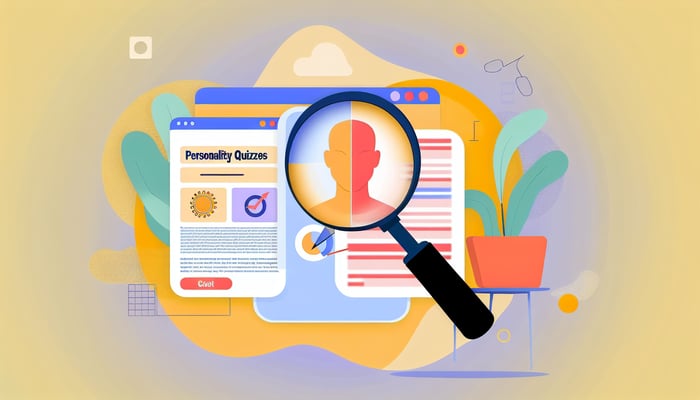
How Accurate Are Personality Quizzes, Really?
Curious about the accuracy of personality quizzes? This blog post explores the science behind these assessments, their limitations, and how to use them effectively for self-reflection and personal im

Curious about the accuracy of personality quizzes? This blog post explores the science behind these assessments, their limitations, and how to use them effectively for self-reflection and personal im
Personality quizzes have gained immense popularity in recent years, flooding social media feeds and online forums. From determining your perfect job to identifying your ideal partner, these quizzes are entertaining and enticing. But how accurate are they, really?
Personality is a complex interplay of genetic, environmental, and psychological factors. Many personality quizzes are based on established psychological theories. For instance, the Myers-Briggs Type Indicator (MBTI) categorizes individuals into 16 distinct personality types based on four dichotomies:
Other assessments, like the Big Five Personality Traits, measure five core dimensions of personality: openness, conscientiousness, extraversion, agreeableness, and neuroticism. These scientifically-backed frameworks lend credibility to personality quizzes.
The accuracy of personality quizzes largely depends on:
Research indicates that while personality assessments can provide insights, they should not be viewed as definitive judgments. Instead, they offer a snapshot of your personality at a particular moment.
Despite their popularity, personality quizzes have notable limitations:
While personality quizzes can be insightful, it is crucial to approach them with a critical mindset. Here are some tips for using personality quizzes effectively:
Personality quizzes can offer valuable insights into our behaviors and preferences, but their accuracy is not absolute. They can serve as a fun and engaging way to explore our personalities, but it’s essential to remember their limitations. By approaching these assessments thoughtfully, we can use them as a starting point for personal growth and understanding.

Discover the surprising benefits of playing online quizzes! From enhancing memory retention to reducing stress, learn how these engaging activities can improve your cognitive skills and promote social

Discover the numerous benefits of online learning, from flexibility to diverse resources. Learn how educational quizzes enhance retention and engagement, making learning more effective and enjoyable.

Quiz battles are rapidly gaining popularity as competitive quizzing becomes a thrilling sport. This blog explores the reasons behind this trend, the benefits of participation, and how you can get in.